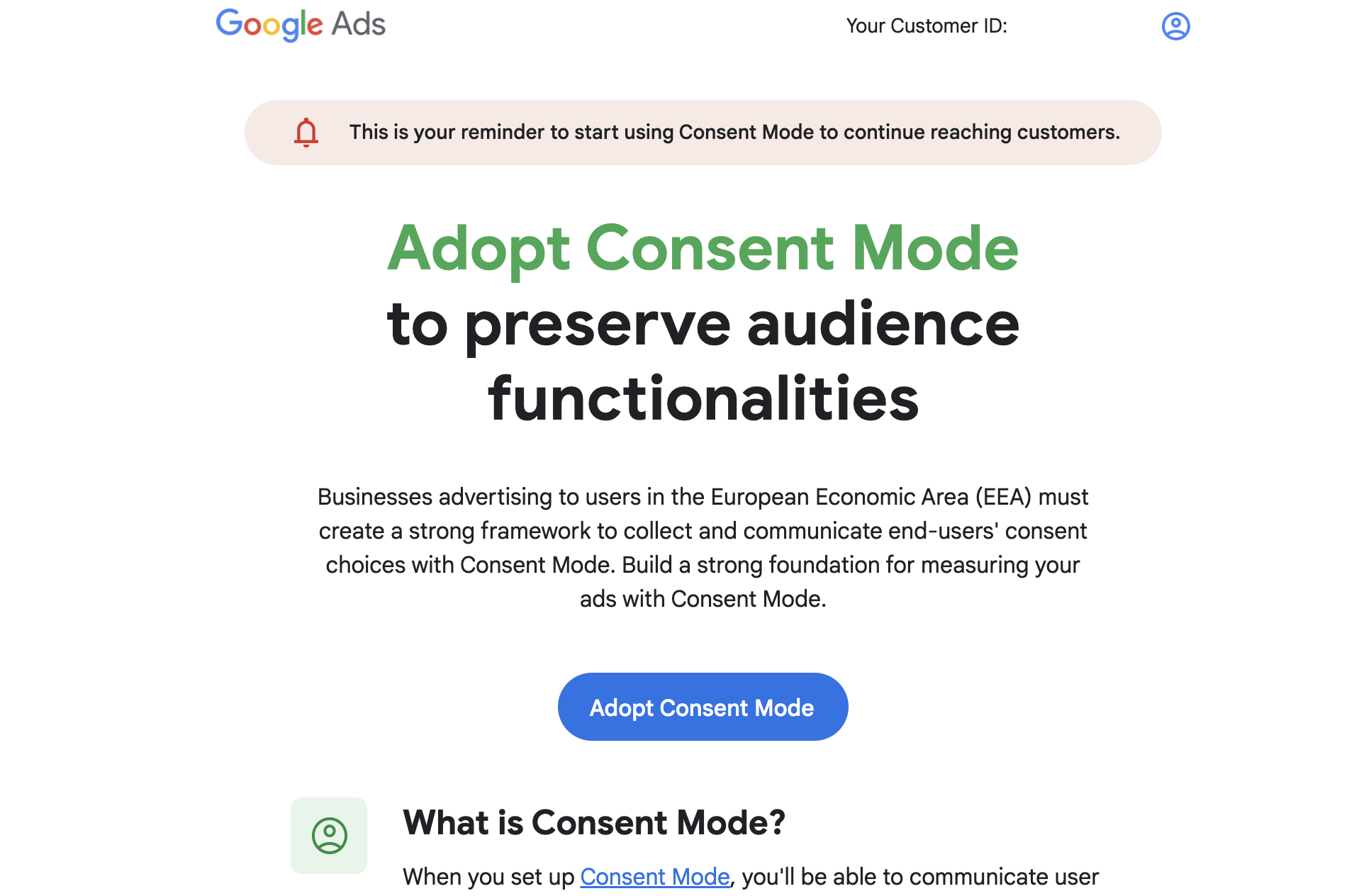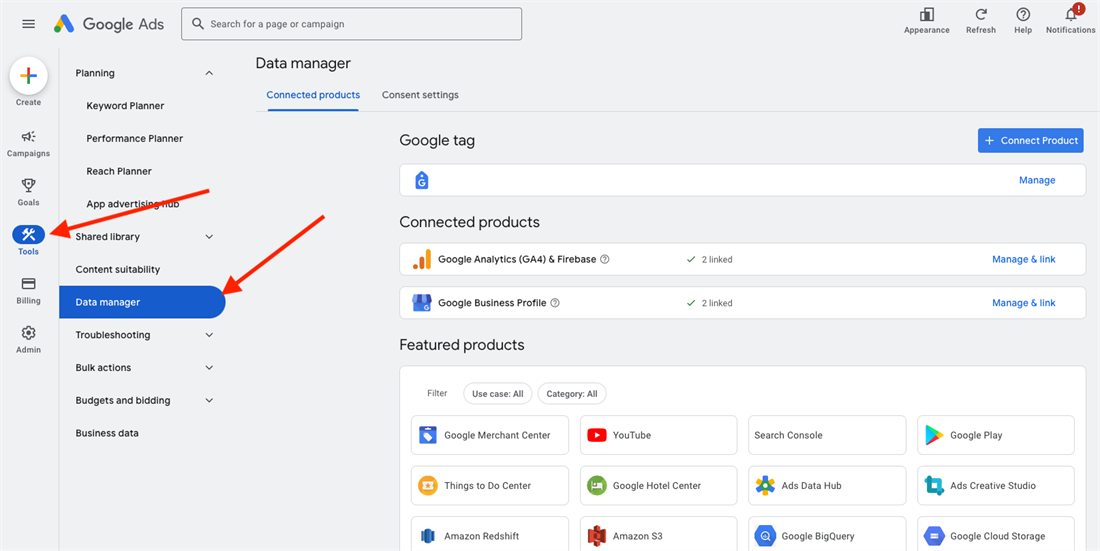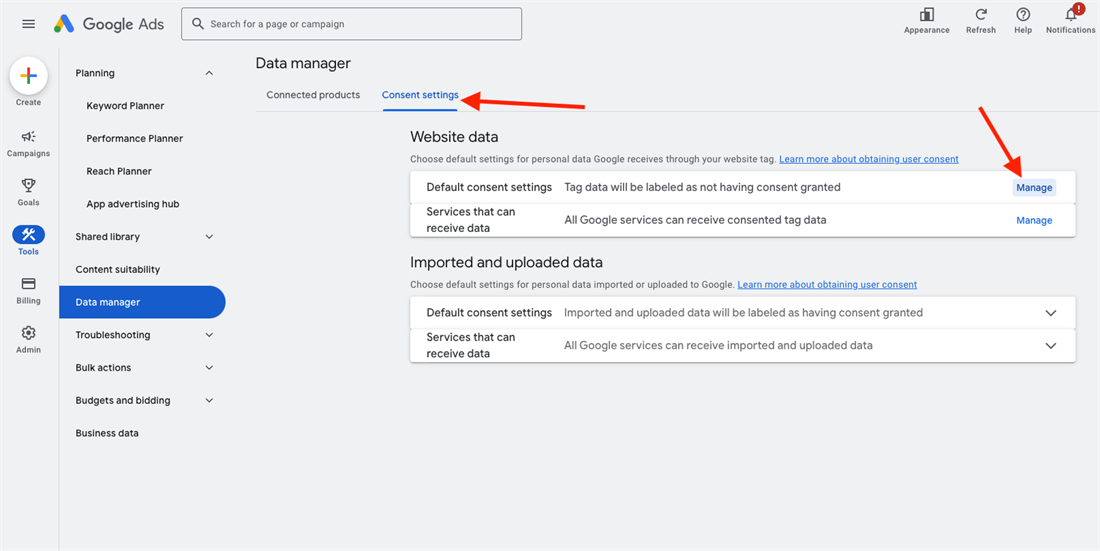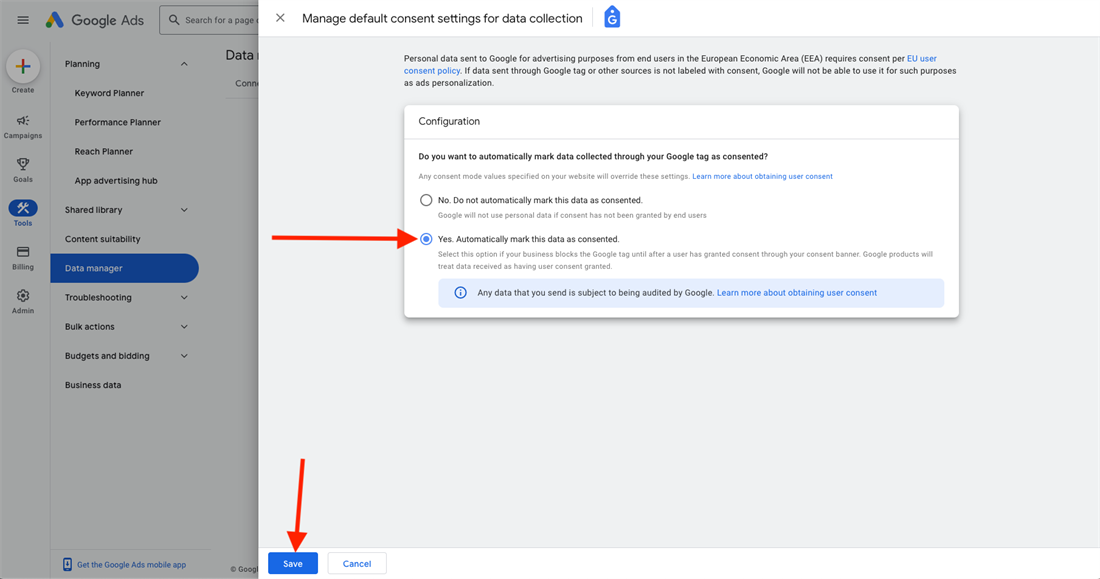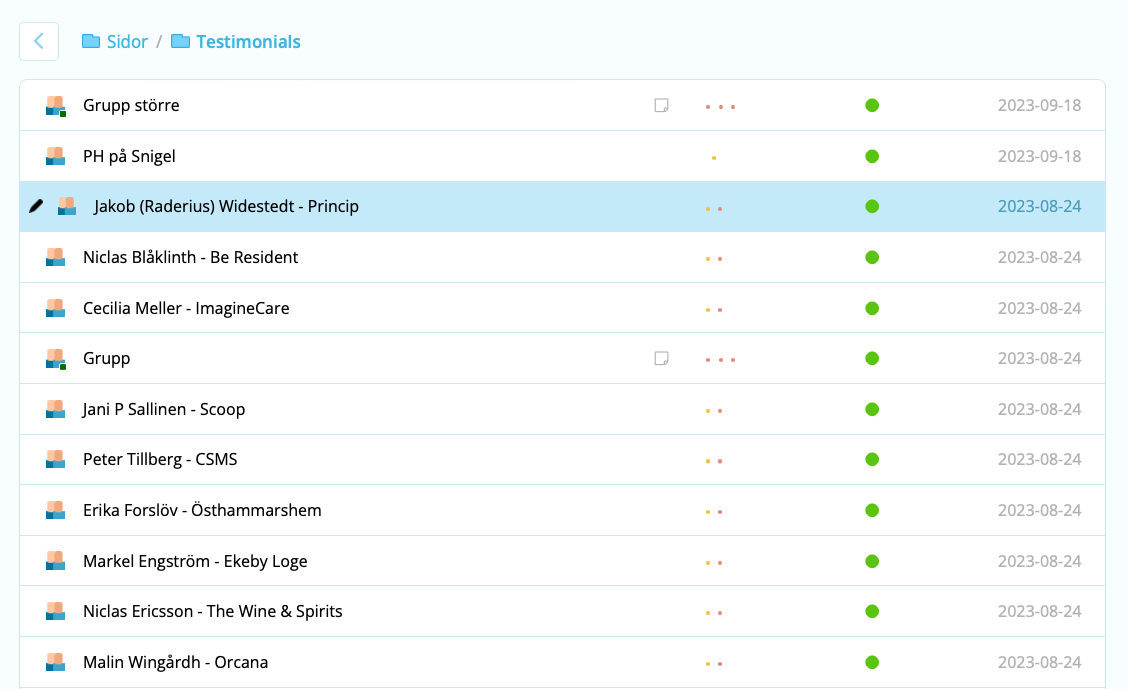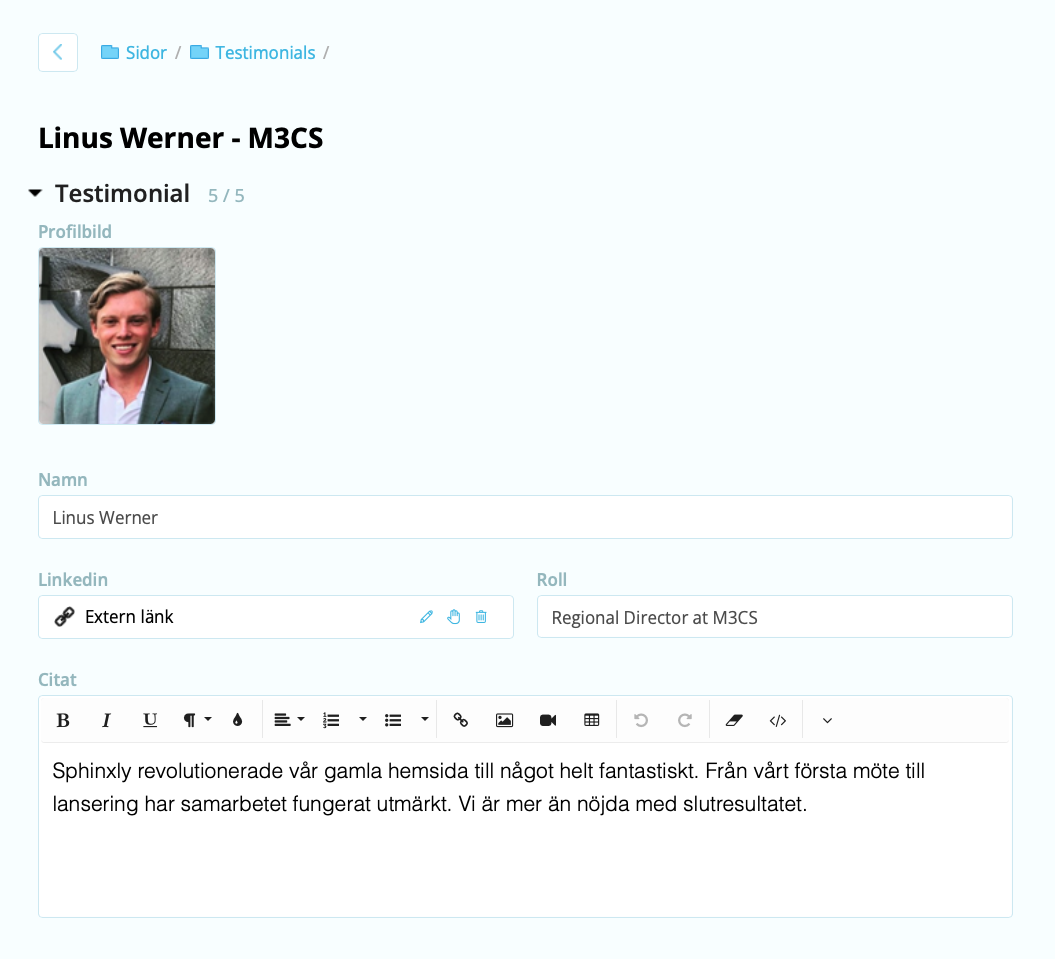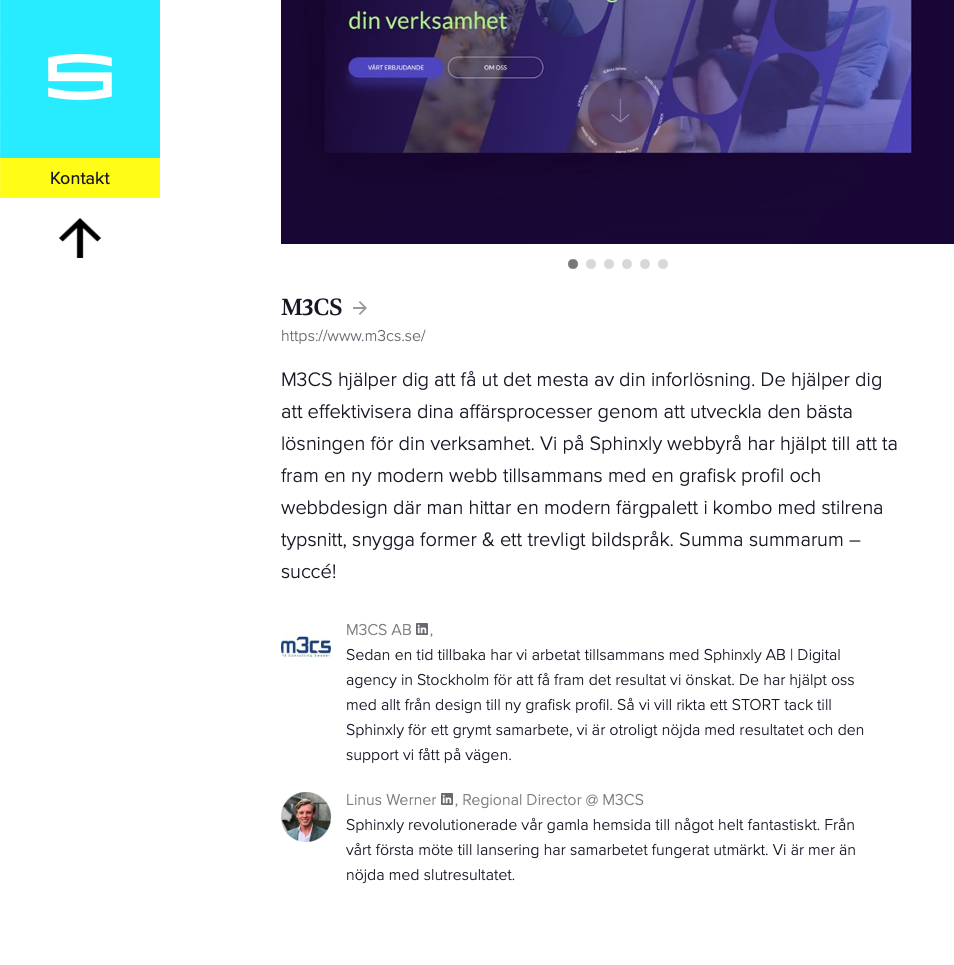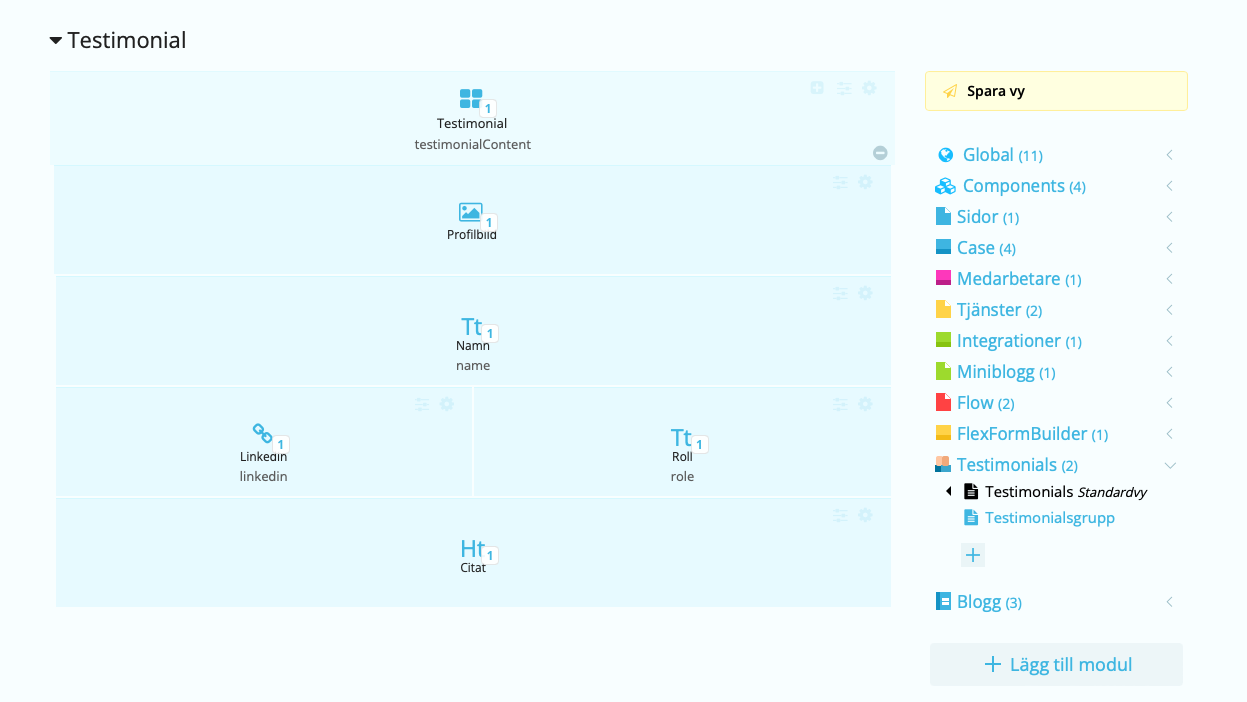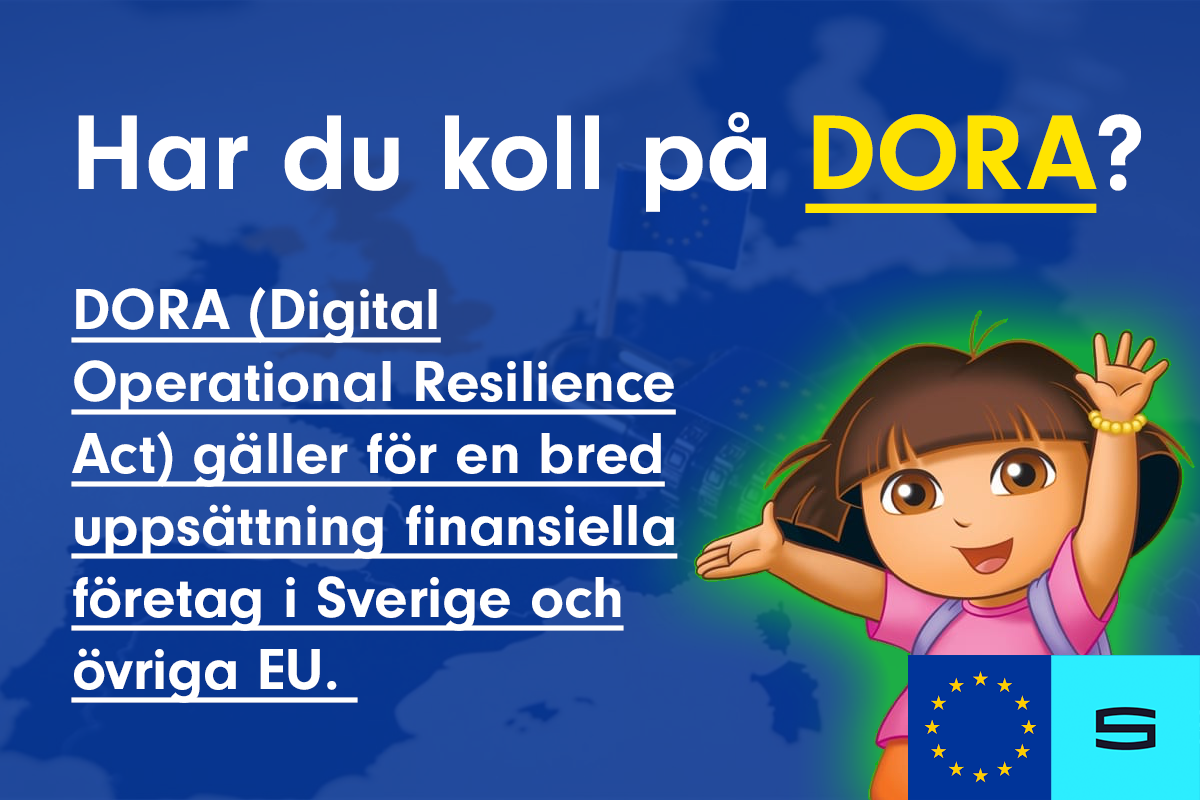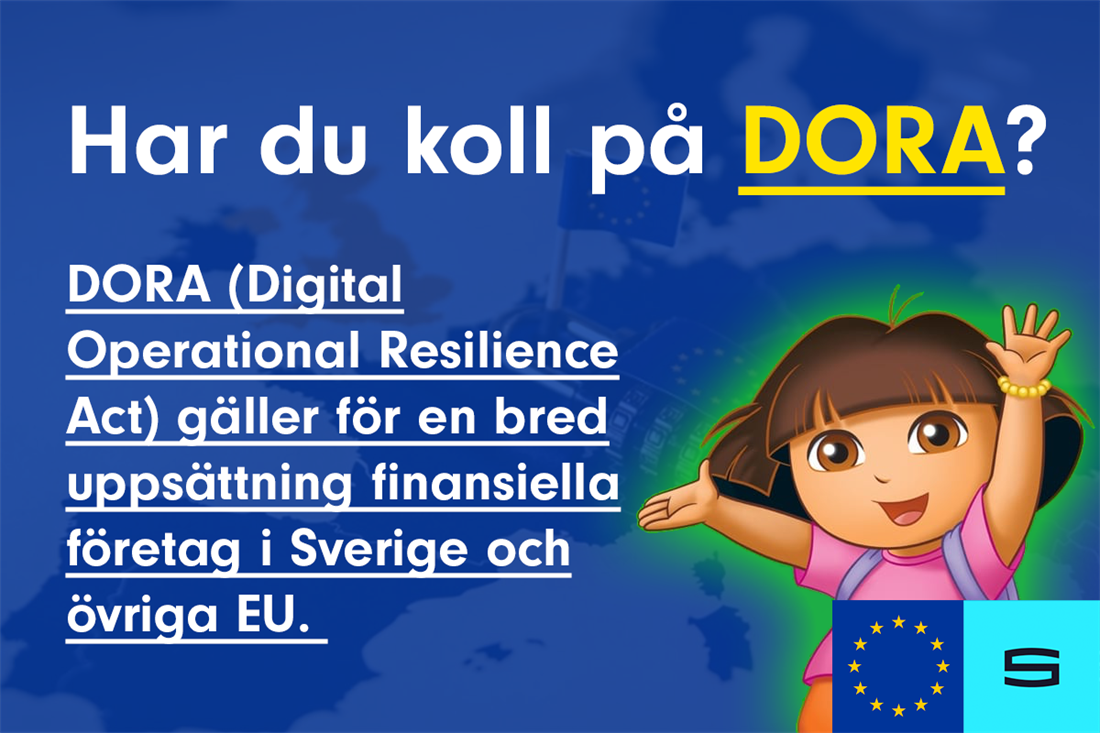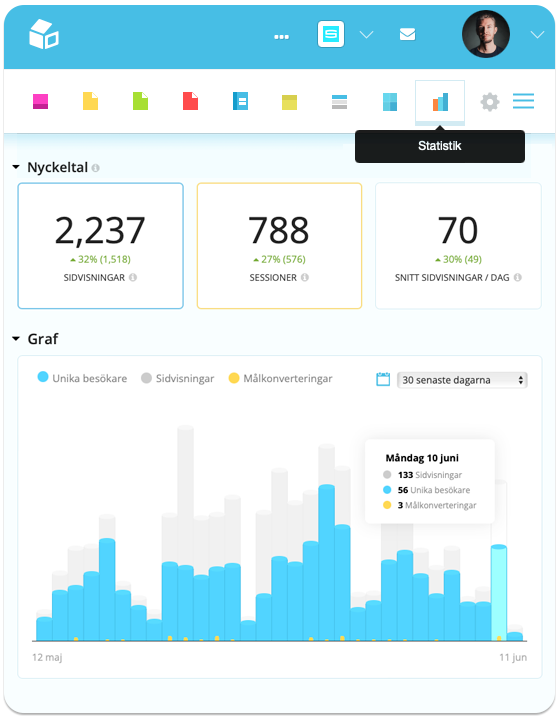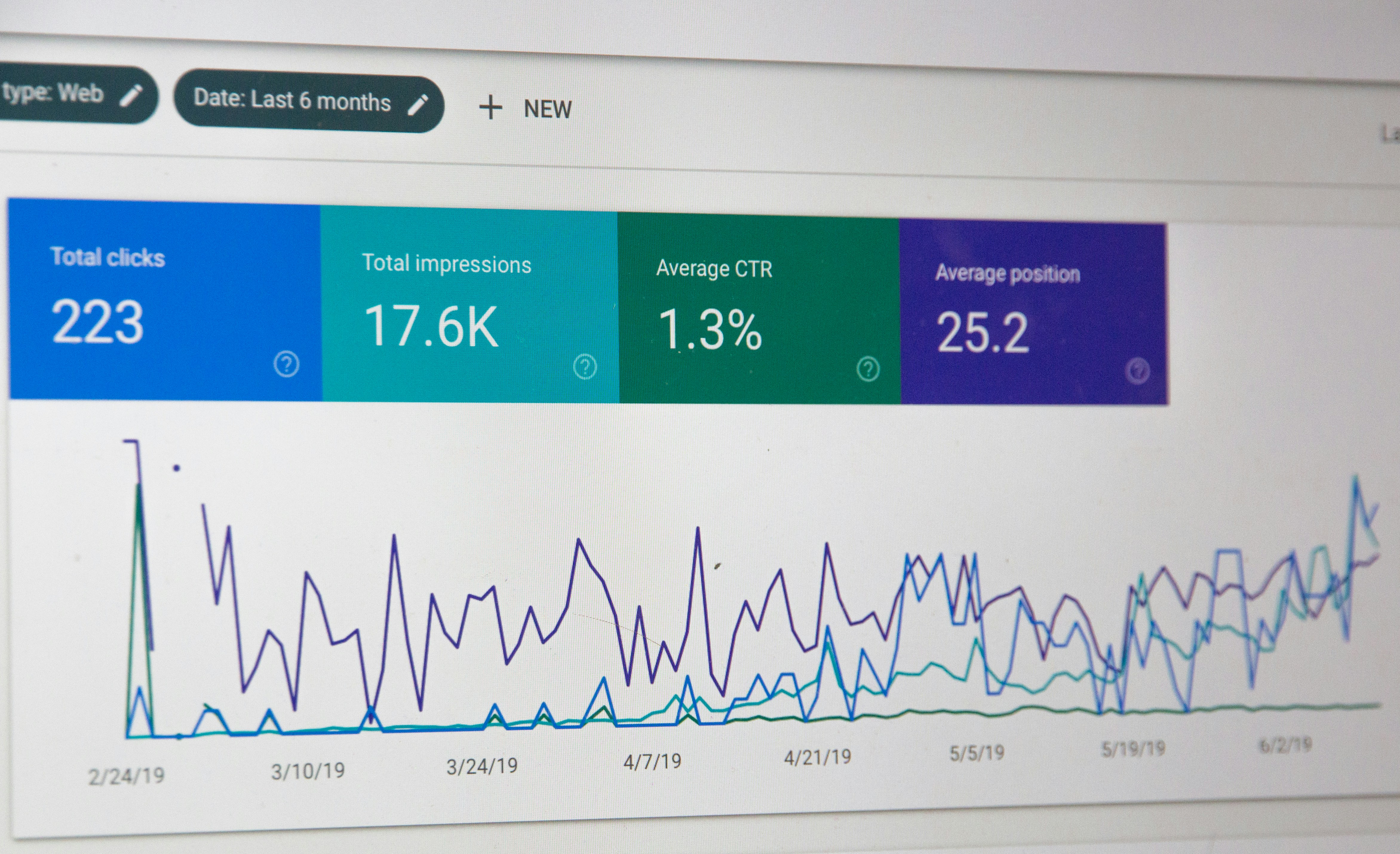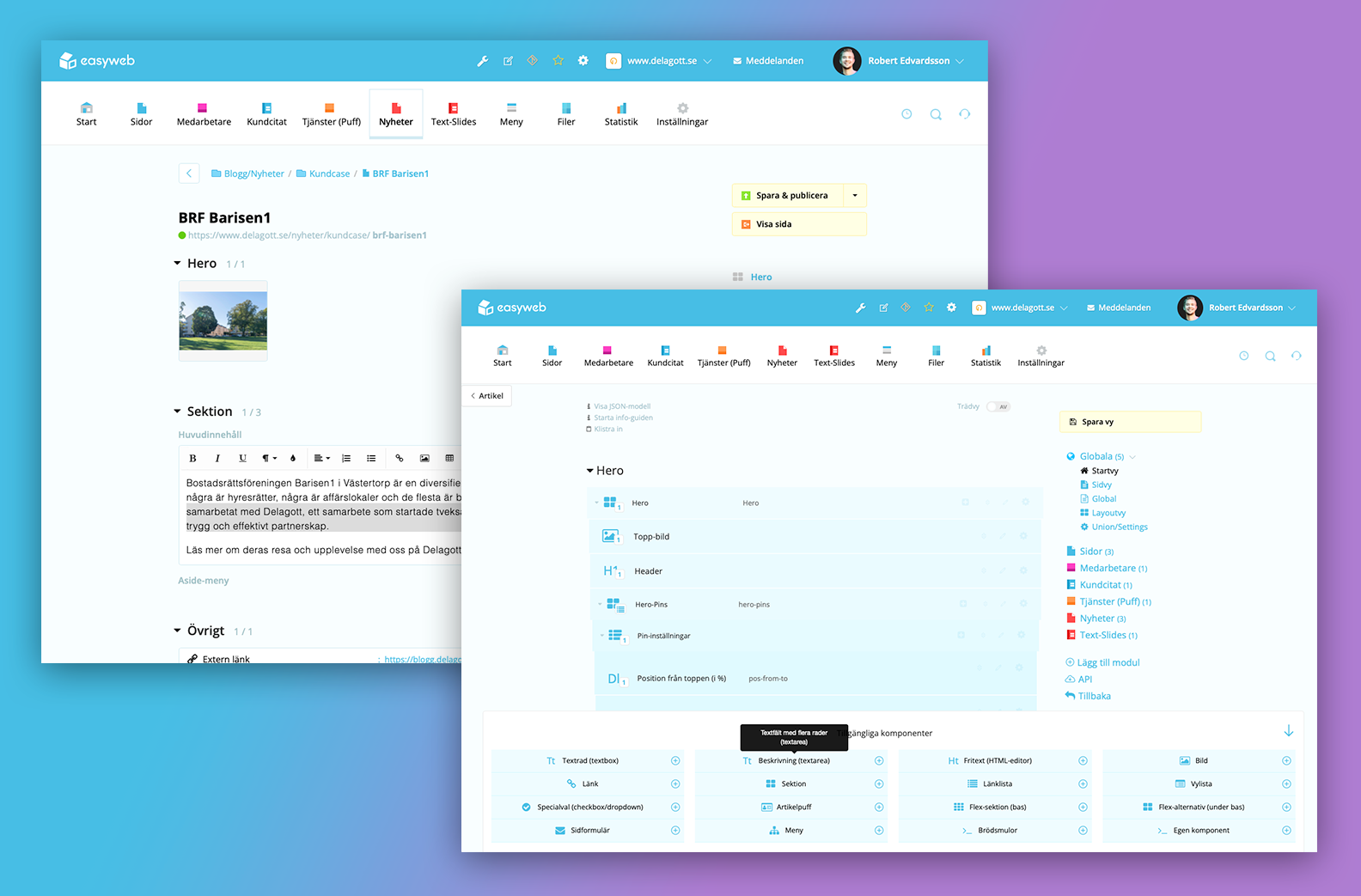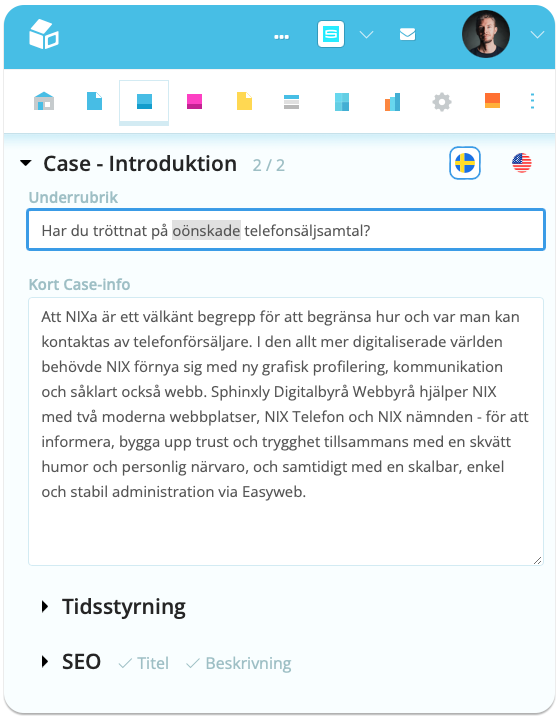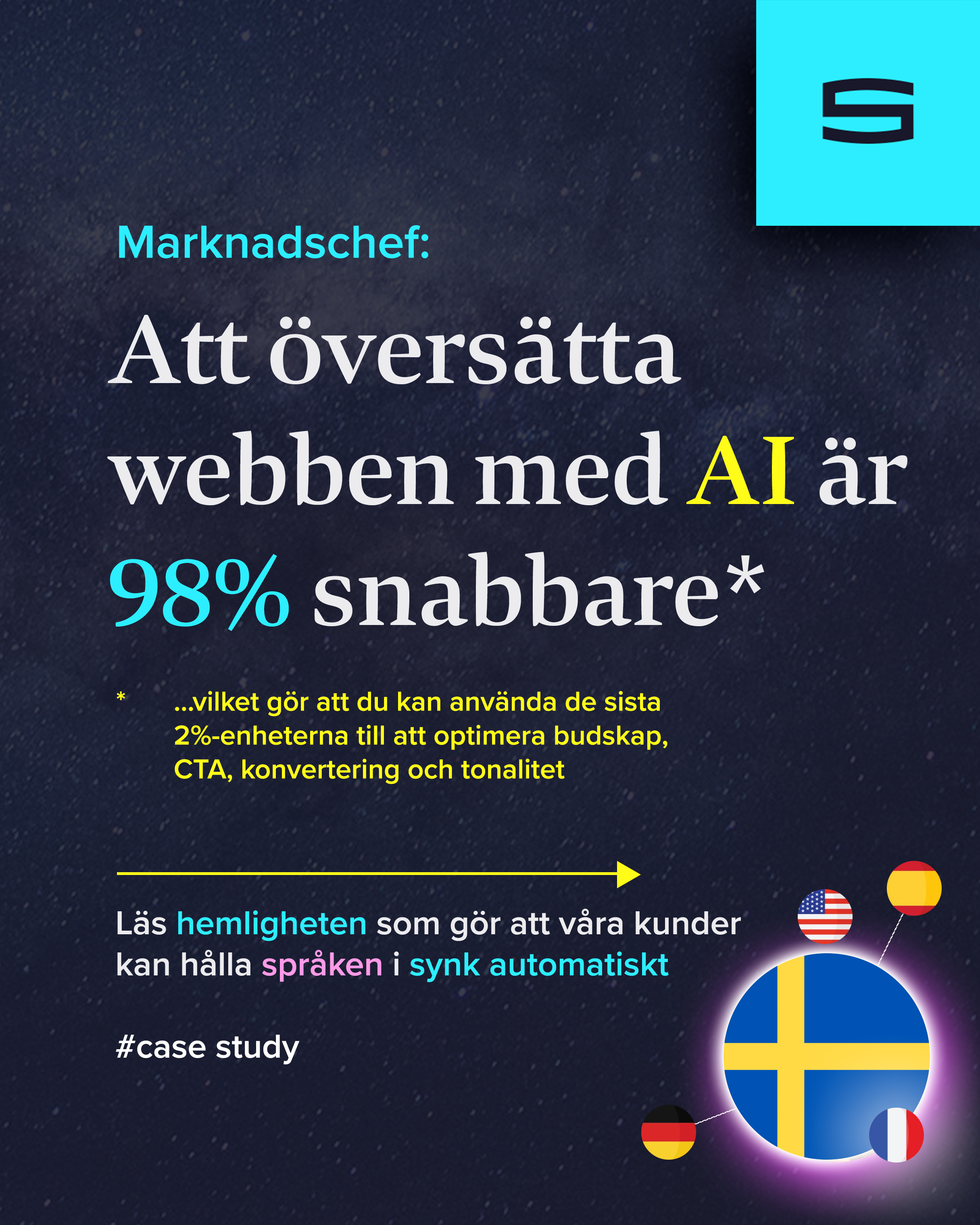[Full disclaimer: Written with ChatGPT. Still interesting ✌🏻].
Corporate Sustainability Reporting Directive (CSRD) is a new EU regulation aimed at ensuring that companies report transparently on their impact on sustainability issues, such as environment, social factors, and governance (ESG). If you are a B2B company in Sweden with your website hosted by a Swedish web agency, there are some important things to be aware of:
1. Who is covered by CSRD?
CSRD primarily applies to larger companies but expands its scope compared to previous legislation (NFRD) to cover more companies:
- Large companies that meet two out of three criteria:
- More than 250 employees.
- Turnover over 40 million euros.
- Balance sheet total over 20 million euros.
- Listed small and medium-sized enterprises (SMEs), but with certain reliefs and longer timelines for implementation.
If your company meets any of these criteria, you are directly covered by CSRD. Also, companies that are part of a larger international group may be affected if the parent company is subject to CSRD requirements.
2. Reporting requirements
CSRD imposes requirements for reporting non-financial information in a significantly more detailed and standardized way than before. Here are some key points:
- Double materiality: You need to report both how sustainability factors affect the company (financially) and how the company affects the environment and society (external impact).
- Standards: The reporting standard will follow European standards being developed by EFRAG (European Financial Reporting Advisory Group). These will require information on environment, social aspects, human rights, and governance.
- Digital reporting: Reports must be digitally accessible in a common format to facilitate comparability and analysis, which may require some technical adaptation on the company's website.
3. Adaptations for Web Agency and Website
Since your company has a website, and the web agency is an important partner, the following aspects are relevant:
- Public Sustainability Reporting: CSRD requires sustainability reports to be easily accessible to the public. Your web agency needs to ensure that the reports are available on the website, which may involve creating a dedicated section for sustainability or ESG reports.
- User-friendliness and Transparency: The reporting should be clear and user-friendly. This means that your web agency may need to work on layout and navigation to ensure that the information is easily accessible and understandable to various stakeholders.
- Digital Format: CSRD requires reporting in a machine-readable format that can be used for comparability at the EU level. This means that the web agency may need to adapt the website to enable file downloads in the correct format (e.g., XHTML or other machine-readable format).
4. Sustainability Communication and Marketing
As a B2B company, sustainability reporting can also become part of marketing. It may be important to:
- Integrate sustainability work into the company profile: Your website should highlight sustainability initiatives and the company's work in social and environmental responsibility clearly, which can attract both business partners and customers.
- Ensure GDPR compliance: If you collect data on suppliers or other partners, make sure that your web agency helps you keep this information in line with GDPR. Sustainability data may sometimes include data on third parties that may also fall under data protection laws.
5. Timeline and Forward Planning
- Timelines: CSRD will apply gradually, and companies must prepare well in advance. Larger companies will need to start reporting in 2024 (for the fiscal year 2023), while listed small and medium-sized enterprises have until 2026.
- Implementation support from Web Agency: Discuss early with your web agency how they can support CSRD implementation, especially concerning technology and communication on the website.
6. Supply Chain Requirements
Even if your company is not directly covered by CSRD, you may be indirectly affected by being part of other larger companies' supply chains. Larger customers may require you to report certain sustainability data to them. Therefore, it may be valuable to have a plan for how you can collect and provide such data.
Conclusion
For a B2B company in Sweden working with a Swedish web agency, CSRD primarily entails a need to:
- Understand the scope of the directive and whether it applies to your company.
- Prepare sustainability reporting according to the standards set by the EU.
- Collaborate with the web agency to ensure that reports are presented in a correct and accessible manner.
- Adapt the website for transparency and user-friendliness in terms of sustainability communication.
Starting early to work with sustainability issues, even if you are not directly covered by the requirements today, can provide competitive advantages and strengthen relationships with customers and partners who highly value sustainability work.



